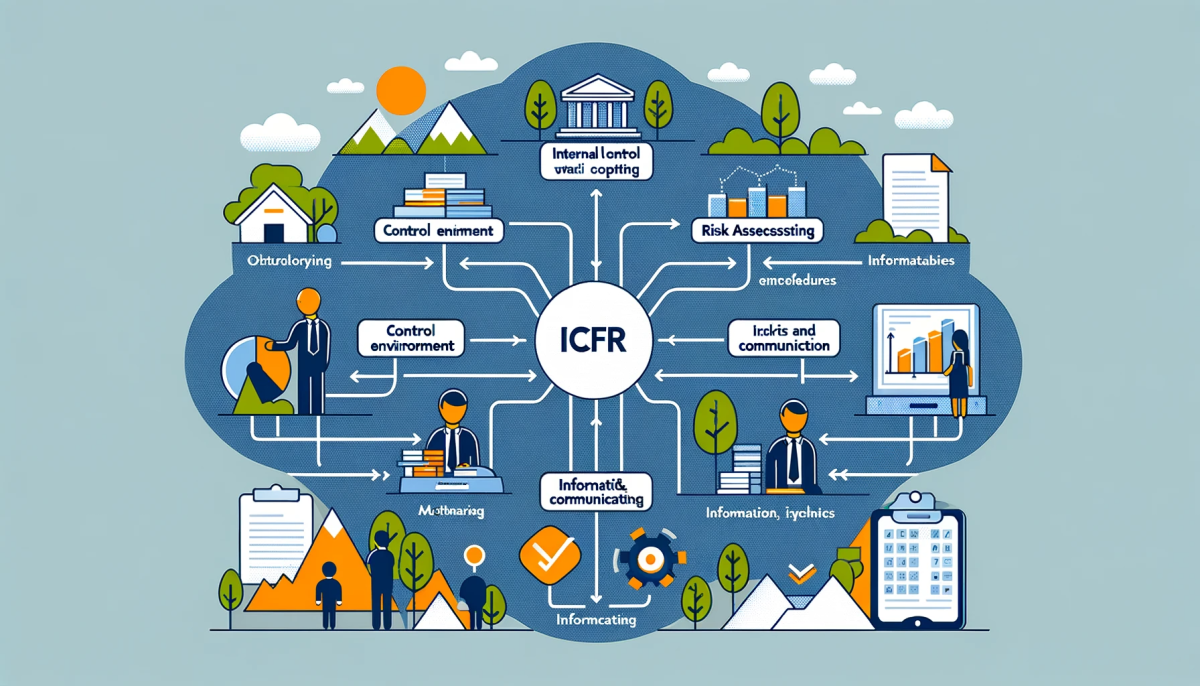IT Audit Breaking Down the Components of Effective ICFR
23-11-26
본문
Internal Control Over Financial Reporting (ICFR) is a critical aspect of an organization's financial health and compliance. tailored from an IT auditor's perspective, delves into the intricacies of ICFR, offering insights into its purpose, components, implementation, and significance in enhancing the accuracy and compliance of financial reporting.
1. Introduction to Internal Control Over Financial Reporting
ICFR is a process integral to ensuring the reliability and accuracy of an organization's financial reporting. This section introduces ICFR and its role in the broader context of an organization's internal controls.
Defining ICFR: Understanding what ICFR is and its primary objective of safeguarding against material misstatements in financial statements.
Significance in Financial Reporting: Highlighting the importance of ICFR in reflecting an organization's financial position accurately.
2. Key Components of Internal Control Over Financial Reporting
ICFR comprises several essential components, each playing a vital role in the effectiveness of the overall system.
Control Environment: Discussing how the organization's culture, ethics, and values shape its internal control system.
Risk Assessment: Exploring the process of identifying and managing risks that could impact financial reporting.
Control Activities: Detailing the policies and procedures established to achieve ICFR objectives.
Information and Communication: Emphasizing the importance of effective communication of relevant information.
Monitoring: Outlining the ongoing process of evaluating the effectiveness of ICFR and making necessary adjustments.
3. The Importance of Internal Control Over Financial Reporting
Understanding why ICFR is crucial for organizations is key to appreciating its value.
Ensuring Accuracy and Reliability: Discussing how ICFR helps in reducing the risk of financial misstatements.
Compliance with Laws and Regulations: Highlighting the role of ICFR in meeting regulatory requirements.
Fraud Reduction: Explaining how effective ICFR can minimize the risk of fraudulent activities.
4. Implementing Internal Control Over Financial Reporting
A step-by-step guide on how organizations can effectively implement ICFR.
Conducting a Risk Assessment: The process of identifying risks affecting financial reporting.
Developing and Implementing Policies and Procedures: Creating and enforcing measures to address identified risks.
Monitoring and Evaluation: Continuously assessing the effectiveness of ICFR and making improvements.



